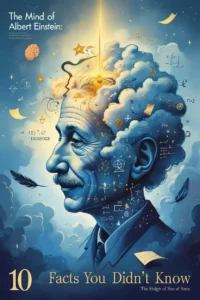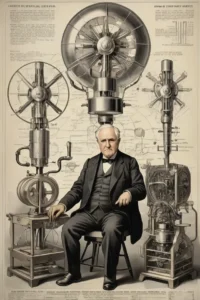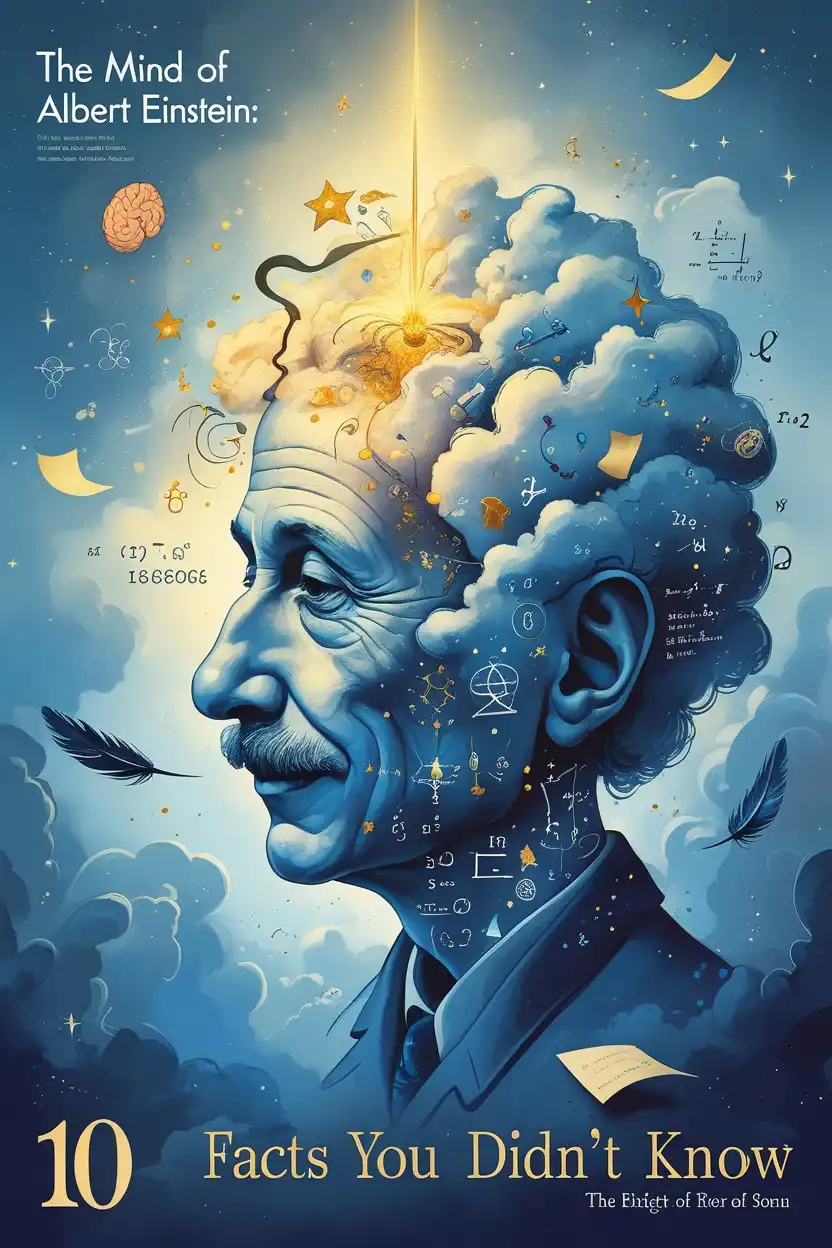In the age of relentless notifications, endless scrolling, and digital distractions, modern poetry offers a sanctuary—a moment of reflection amidst the chaos. One such poetic theme, “Static Dreams,” captures the essence of our contemporary struggle: the tension between connection and disconnection, between noise and silence, between dreaming and being. This article delves into the heart of “Static Dreams,” exploring its relevance to modern life and why it resonates so deeply with us today.
Modern Poetry: Static Dreams
Phones buzz louder than our thoughts,
Connection, a mirage we bought.
We swipe, we scroll, we lose the day,
Dreaming of life lived far away.
But in the noise, a quiet call,
A heartbeat, faint, beneath it all.
A chance to pause, to breathe, to see—
Maybe the dream was always me.
The Noise That Drowns Us
Phones buzzing louder than our thoughts—this is the reality of modern existence. We live in a world where connection is promised at the swipe of a finger, yet the more we engage, the more disconnected we often feel. “Static Dreams” reflects this paradox. It paints a picture of how we lose ourselves in the endless pursuit of something distant, intangible, and fleeting.
Lines like “We swipe, we scroll, we lose the day, / Dreaming of life lived far away” encapsulate the modern condition. We are constantly chasing an idealized version of life presented on screens, only to find ourselves further removed from the present moment. This static—this noise—prevents us from truly living.
The Quiet Call Within
Amidst the chaos, “Static Dreams” reminds us of something profound: beneath the noise lies a quiet call. The poem speaks of a heartbeat, faint but persistent—a metaphor for our inner self, waiting to be rediscovered.
The lines “A chance to pause, to breathe, to see— / Maybe the dream was always me” suggest that what we seek externally might already exist within us. It’s a call to disconnect from the static and reconnect with ourselves. This is where modern poetry shines—it becomes a mirror, reflecting not only our struggles but also the solutions that lie within us.
Why “Static Dreams” Matters Today
“Static Dreams” resonates because it speaks to a universal experience in today’s world. We are all participants in this digital age, grappling with its benefits and burdens. The poem doesn’t offer judgment; instead, it offers awareness. It invites us to pause and question: Are we truly living, or are we merely scrolling through life?
Modern poetry like “Static Dreams” serves as a reminder that art can be a tool for introspection. It doesn’t just describe our reality—it challenges us to change it.
FAQs About Modern Poetry and “Static Dreams”
1. What is modern poetry?
Modern poetry is a form of poetic expression that reflects contemporary themes, issues, and emotions. It often breaks away from traditional structures and explores new ways to connect with readers on a personal level.
2. What does “Static Dreams” mean?
“Static Dreams” symbolizes the noise and distractions of modern life that prevent us from truly connecting with ourselves and others. It reflects the tension between our digital lives and our inner selves.
3. How can poetry help in today’s fast-paced world?
Poetry offers a moment of pause—a chance to reflect, reconnect, and find meaning in an otherwise chaotic world. It allows us to process emotions and experiences in a way that feels personal and universal at the same time.
4. Why is disconnecting important?
Disconnecting from constant digital noise helps us reconnect with our inner selves, fostering mindfulness, creativity, and genuine human connections.
Conclusion
“Static Dreams” is more than just a poem—it’s a reflection of our times and a gentle nudge toward self-awareness. In a world that constantly demands our attention, modern poetry reminds us to listen to the quiet call within. Perhaps it’s time to pause, breathe, and realize that the dream we’ve been chasing might already be here. Maybe, just maybe, the dream was always us.





